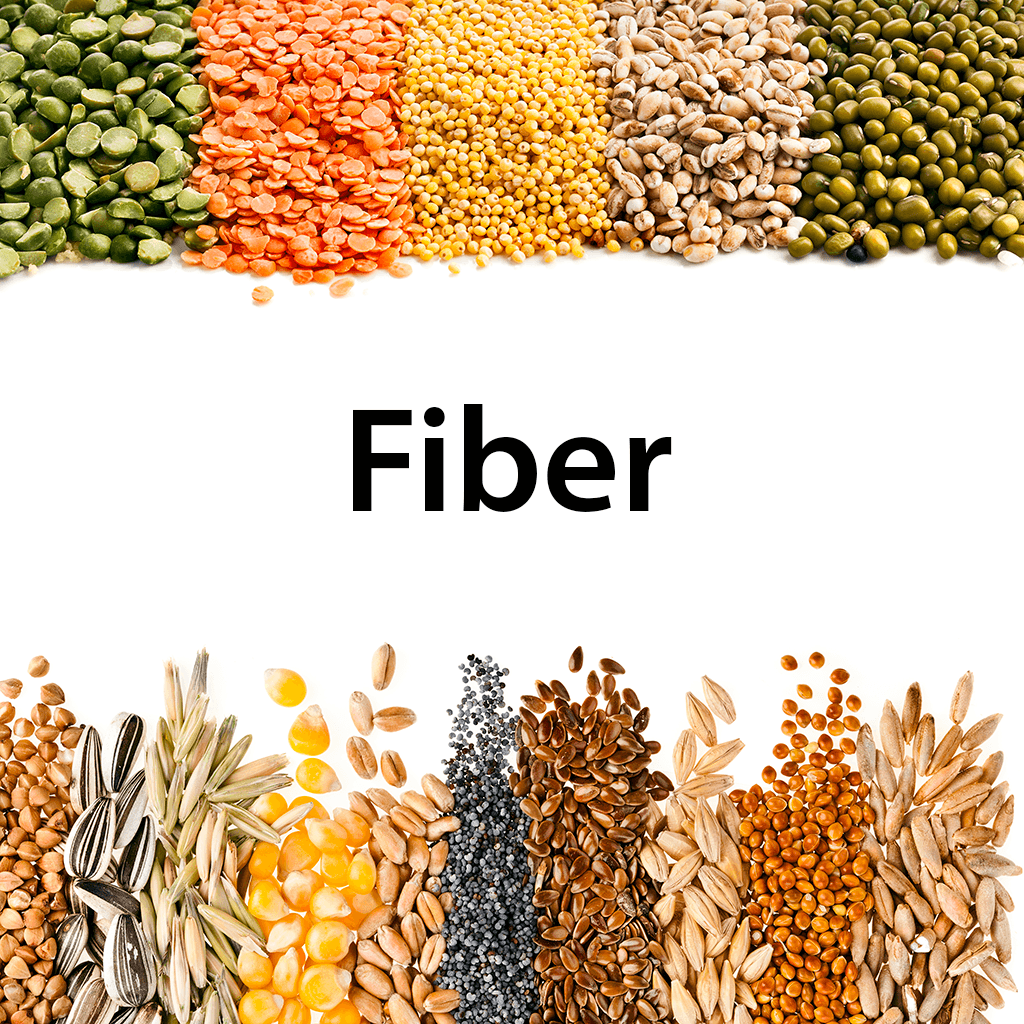Fiber intake predicts weight loss and dietary adherence.

You gotta love fiber. Fiber is essentially free carbohydrates that do not count as calories. In fact, our bodies cannot digest them at all. Fiber is the natural that keeps your GI system running smoothly and clean from top to bottom. Fiber is also good for your heart because it binds to cholesterol and other macronutrients decreasing absorption.
Learn which healthy swaps you should make to eat more fiber and slim down. You need to 25-35 grams to be healthy, yet, very few of us come close to that amount. Nearly everyone knows that we need more fiber. If you ask the average person how to get more fiber, they will tell you salad, but, salad is more water than fiber.
The best part is that fiber can also keep you from outgrowing your pants. Yes, fiber is a well-known natural weight loss supplement that keep you slim. Why? It helps you feel full and it is calorie-free. The problem is that there is limited research to show that fiber can independently cause weight loss from reduced macronutrient intake or calorie consumption. Most people who eat more fiber also eat less.
The effects of dietary calorie and macronutrient content on weight loss are incompletely understood. In addition to energy intake, fiber intake, energy density, macronutrient composition, and demographic characteristics have all been suggested to contribute to weight loss. The good news is that research from 2019 has found that fiber intake can cause weight loss independent of calorie content[1].
The primary aim of this research was to assess the role of dietary fiber as a predictor of weight loss in participants who consumed calorie-restricted diets with a reduction of 750 Calories for 6 months. The researchers used data from the POUNDS Lost (Preventing Overweight Using Novel Dietary Strategies) Study instead of completing another trial. The POUNDS Lost trial is a randomized trial that examined the effects of calorie-restricted diets varying in macronutrient composition on weight loss in adults.
The researchers identified the effects of fiber and other weight-loss predictors in the data sets. Three hundred and forty-five participants provided dietary records at baseline and 6 mo. The researchers found that weight loss success was tied or directly linked to carbohydrate intake, fiber intake, and energy density of food consumed. In particular, the most influential predictor was fiber intake. The fiber intake was strongly associated with adherence to the macronutrient restrictions.

The bottom line: This new research clearly indicated that increased fiber consumption is linked to higher weight loss success independent of the number of calories eaten. It promotes weight loss and dietary adherence in adults with overweight or obesity consuming a calorie-restricted diet. I would recommend higher fiber intake for nearly all because it will lower your risk of obesity.
Reference:
- [1]D. C. Miketinas, G. A. Bray, R. A. Beyl, D. H. Ryan, F. M. Sacks, and C. M. Champagne, “Fiber Intake Predicts Weight Loss and Dietary Adherence in Adults Consuming Calorie-Restricted Diets: The POUNDS Lost (Preventing Overweight Using Novel Dietary Strategies) Study,” The Journal of Nutrition, pp. 1742–1748, Jun. 2019 [Online]. Available: http://dx.doi.org/10.1093/jn/nxz117







Be the first to comment on "Research: Fiber assists with weight loss weight"